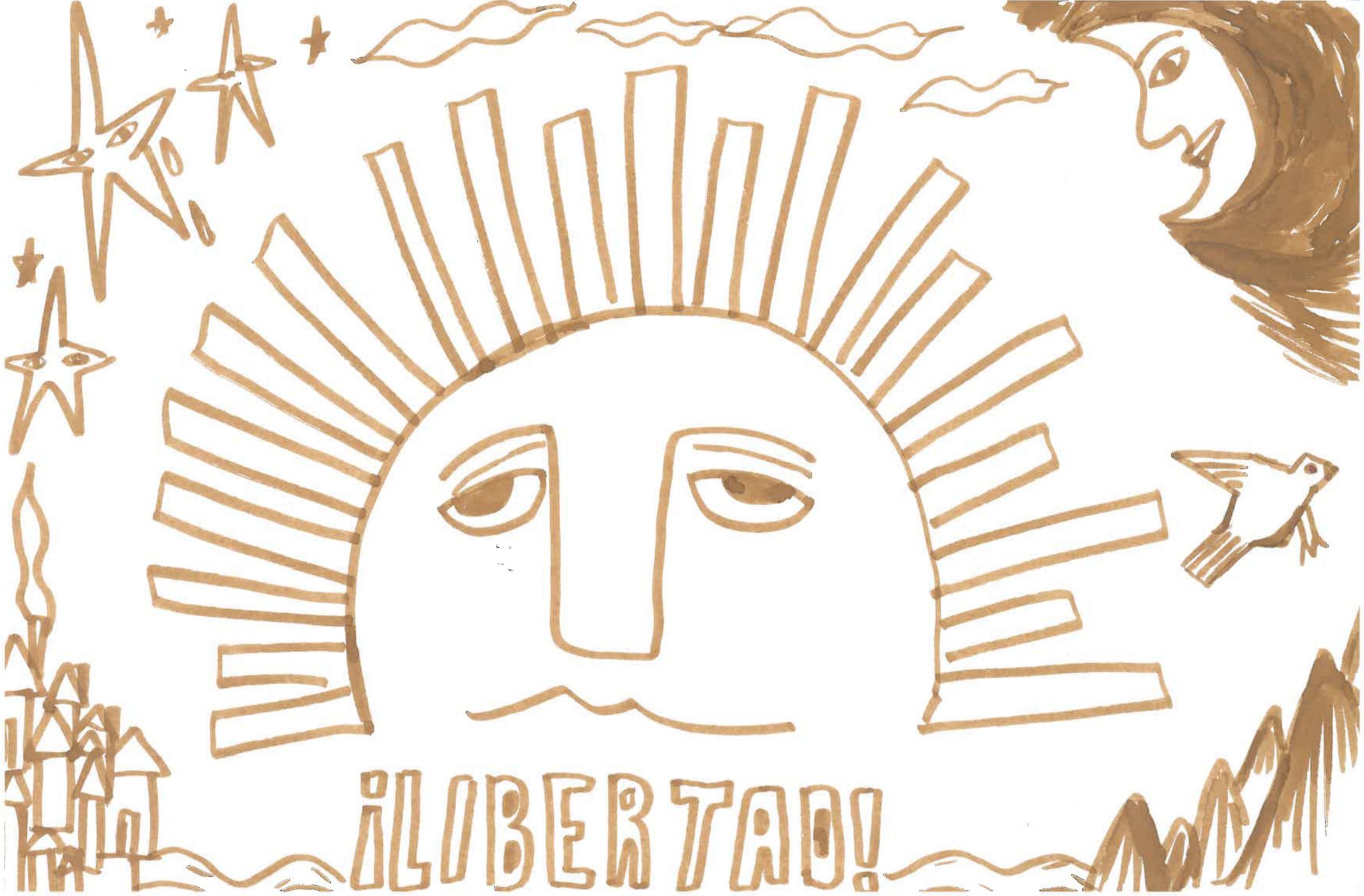
Thinking Inside the Box
Thinking Inside the Box
-
Thinking Inside the Box is a decolonial pedagogical framework that aims to create transformative, liberatory learning experiences through a critical engagement with archives.
The framework was first conceptualised by Anna Grimaldi and Vinicius de Carvalho in 2016. Inspired by Paulo Freire’s Pedagogy of the Oppressed (1968), Thinking Inside the Box intends to mobilise the situated knowledges and experiences of learners through the collective interpretation of archival materials. Through this, the project intends to generate knowledge that incites politically and socially -conscious academic activism with authentic, real-world impact.
The concept of ‘thinking inside the box’ arose as a provocation to historians and researchers of Latin America to engage with a specific archive that had recently been revived by the Special Collections of Senate House Library. The collection of Latin American Political Posters and Pamphlets held rare insights into Cold War-era historical processes from the perspective of marginal groups, offering the opportunity to challenge or complement dominant historical narratives. Our principle concept thus pushes back against the idea that interpretive innovation comes only from thinking outside the box (or the archive), arguing that new interpretations become available with every new glance one takes at what is already placed inside it.
The project has been rooted in the context of Cold War Latin America, a time in which several nations of the region fell victim to a wave of US-backed military-authoritarian dictatorships. The framework thus draws from a distinct body of critical debate around the counter-hegemonic potential of archives as sites of contestation. Archives created in clandestinity and/or exile served the function of challenging and proposing alternatives to the narratives of authoritarian states seeking to legitimise and/or obscure authoritarian practices of state terror through censorship, political imprisonment, forced exile, torture and disappearance. From the cultural, artistic and discursive production of social movement activists to armed guerrilla groups, artefacts of this period hold the potential to reignite situated dialectics of human rights, social justice and development oriented to the reality of the Global South.
Our engagement with the archive thus proposes a reawakening of past struggles, discourses, semiotics and practices to inspire collective and critical reflection, knowledge production and political action in the present. We engage concepts of performance and repertoire to inspire learners in reawakening struggles of the past, giving them new meaning and agency with the ability to make meaningful contributions to a range of publics. Most importantly, the process is horizontal: we enable students to co-create and co-curate their learning and skills, while providing our experience as leaders, researchers, educators and co-learners. In a context of increasing prescription and ‘streamlining’ of knowledge, professional or personal development, we challenge exclusion, inequality and disengagement.
So far, the framework has been led by the King’s College London and the University of Leeds, and has engaged various higher education institutions, including the School of Advanced Studies, the London School of Economics, Queen Mary’s, and the University of Liverpool. It has also connected with various community-led movements, organisations and cultural institutions. As we continue to expand and engage new partners, our goal is to contribute to enhancing the transformative potential of pedagogical practices and student experiences. We welcome collaborations with archival collections, academic communities and civil-society organisations to continue facilitating new iterations of Thinking Inside the Box.
Anna Grimaldi and Vinicius de Carvalho
April 2022 -
The first exhibition took place in 2022, when students from King’s College visited the Senate House Library’s Latin American Political Pamphlet collection. The images making up the exhibition were all created to provoke political engagement, to promote social justice, and to reclaim human rights. The pamphlets and posters they come from had been sleeping inside their boxes for quite a long time; beginning a dialogue with them today reminds us that the values they represent are still needed.
Check out the project: http://www.brazilinstitute.org/thinkinginsidethebox
-
Since the opening festival in 2022, Thinking Inside the Box has taken on multiple identities.
2023, London - Echoes of 1973
2023, Leeds - Hope, Struggle and Solidarity
2024, London & Leeds - Revolution